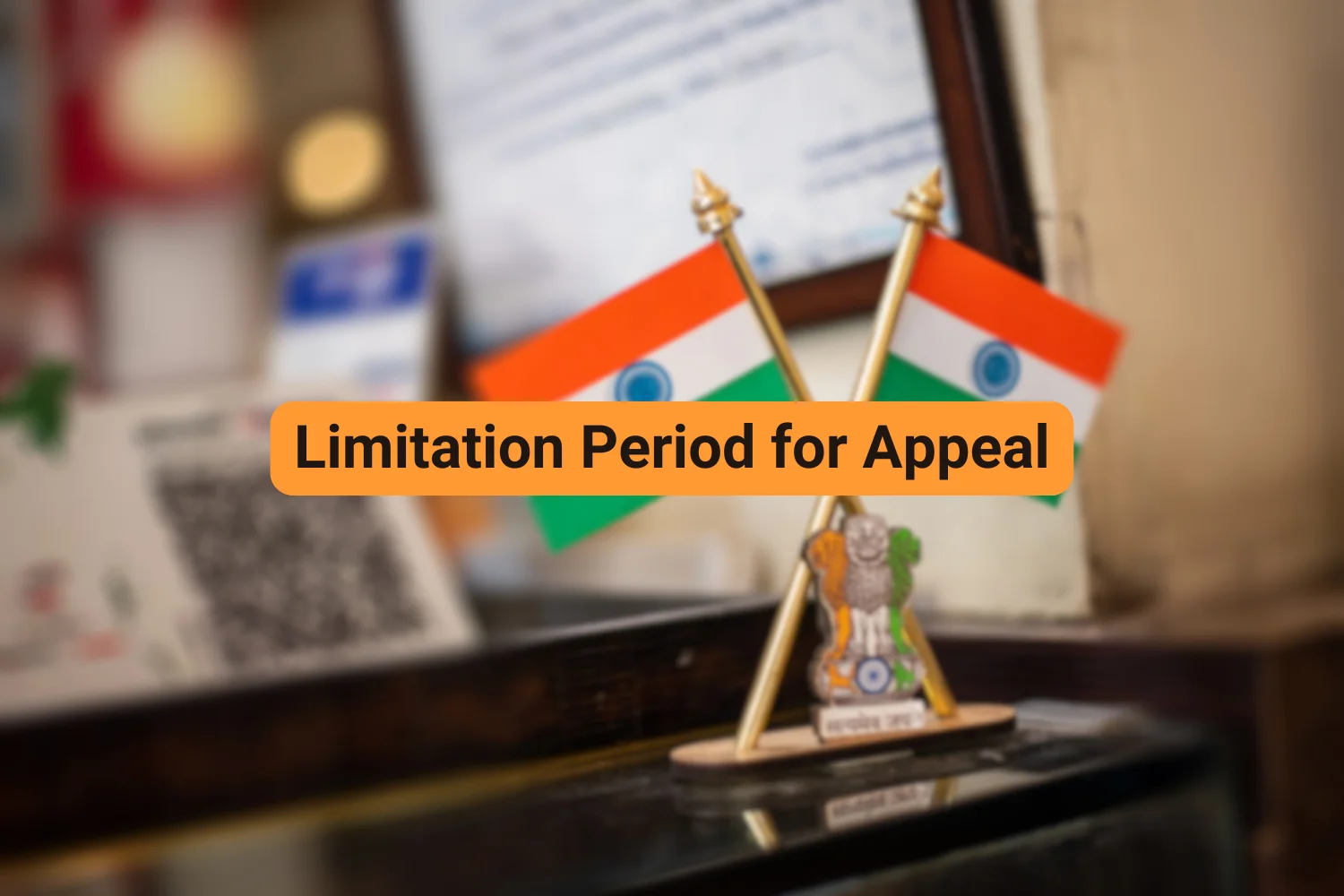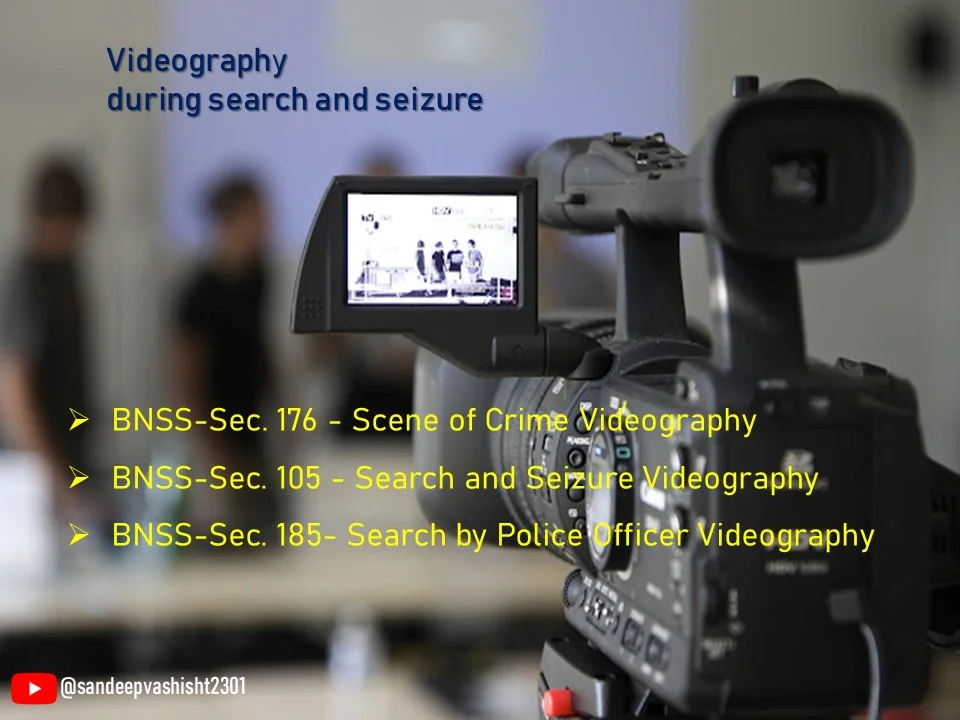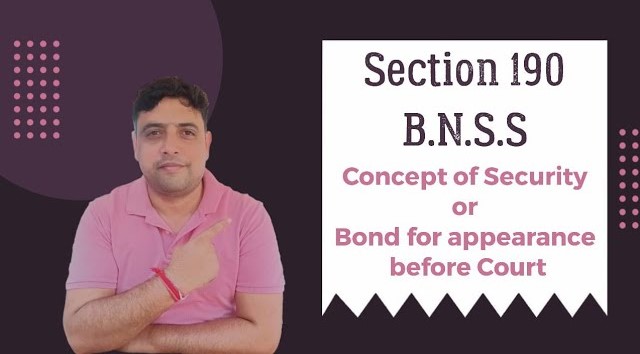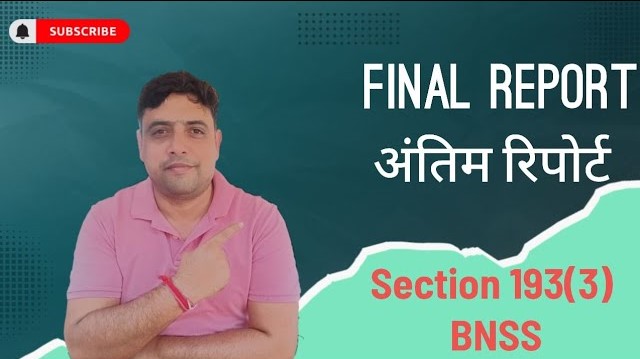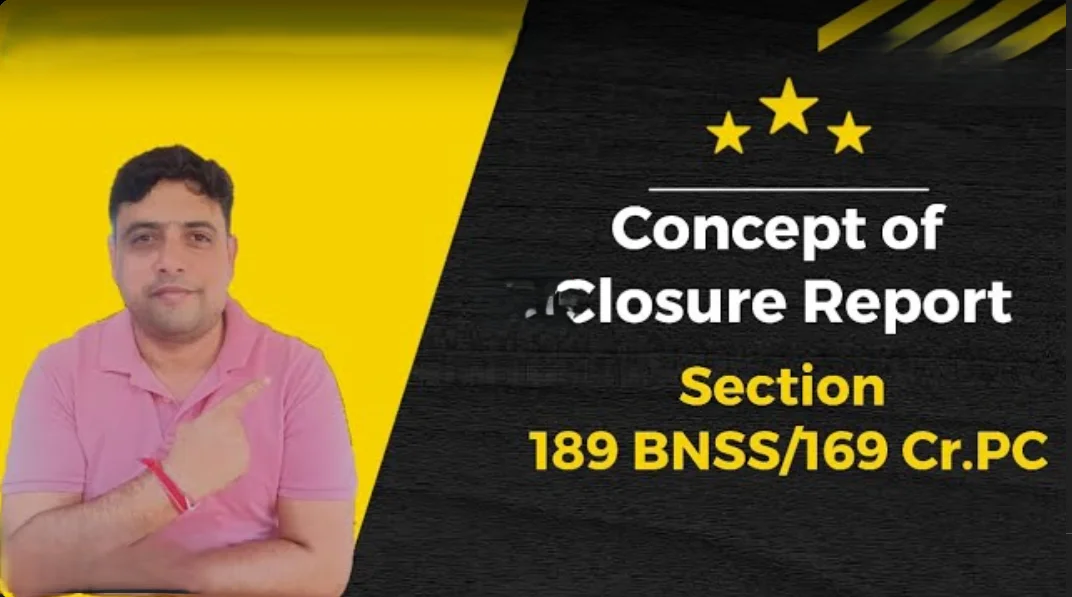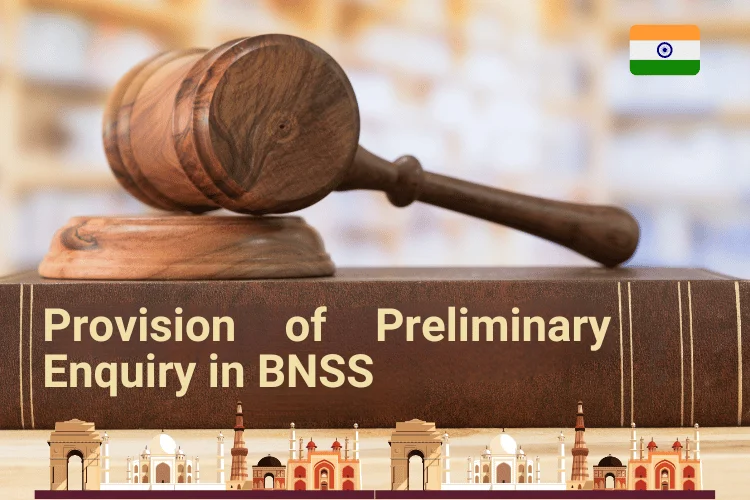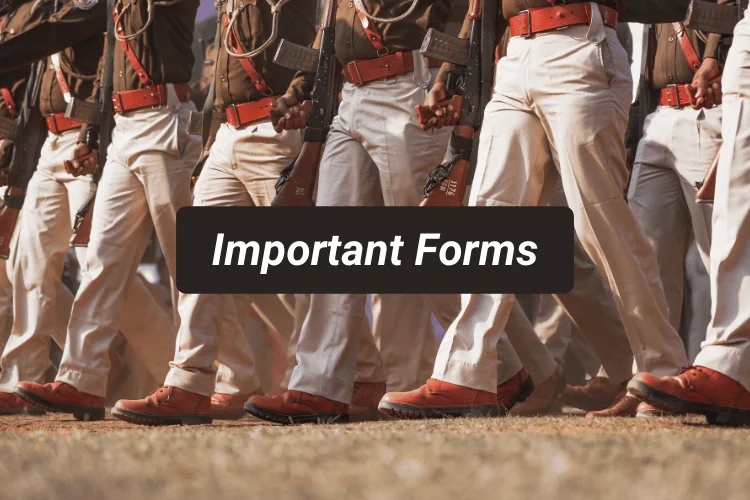PROCEDURE WHEN MAGISTRATE CANNOT PASS SENTENCE SUFFICIENTLY SEVERE (SECTION 325)
As per Section 325 of the Code of Criminal Procedure (CrPC), which outlines the procedure for a Magistrate to forward a case to a higher court, specifically the Chief Judicial Magistrate (CJM), when:
- The accused is found guilty and deserves a punishment different in kind or more severe than what the Magistrate can inflict.
- A Magistrate of the second class directs the accused to execute a bond under Section 106.
In such cases, the Magistrate must record their opinion in writing and forward the case to the CJM, who can then:
- Call and examine witnesses already examined
- Take new evidence
- Pass a judgment, sentence, or order
The Magistrate cannot directly commit the case to the Court of Sessions. Instead, they must follow the procedure outlined in Section 325, which involves forwarding the case to the CJM for appropriate action. This ensures a fair trial and appropriate punishment for the accused, if convicted.
CONCLUSION
This provision ensures that cases are dealt with fairly and that the accused receive appropriate punishment, if convicted, even if the Magistrate does not have the power to impose the desired punishment.
"Empowering your legal journey, one resource at a time. Welcome to Vidhoon, your trusted hub for
comprehensive law notes, practical guidance, and expert support.
Explore, learn, and succeed with us!







